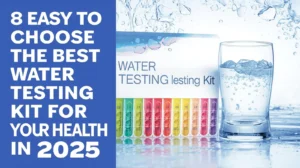(WCSP) UAN | +92-321-4105491 We're Located At | 145-B2 Johar Town Lahore Pakistan Drop Us a Line | info@watercareservices.org

Water Care Services Pakistan (WCSP) – Certified water & wastewater treatment experts since 2007, delivering eco-friendly, cost-effective, and sustainable solutions for a better tomorrow.
Follow Us
Contact Us
Our Location
Call Anytime
Send an Email
Copyright © 2007-2026 Water Care Services. All rights reserved. Powered By: SE Software Technologies
